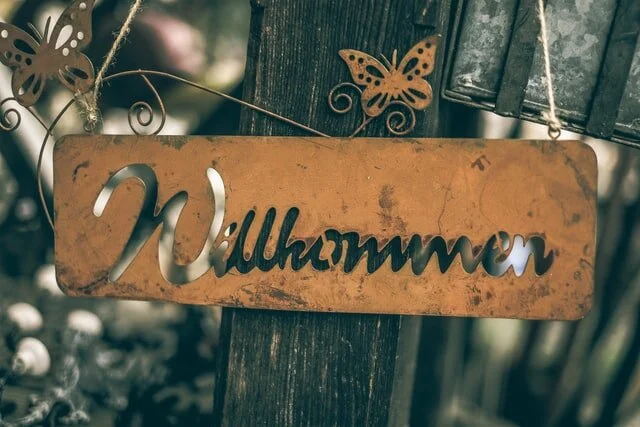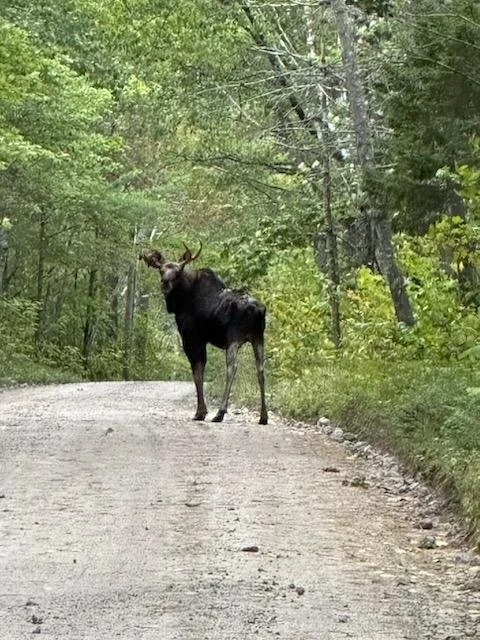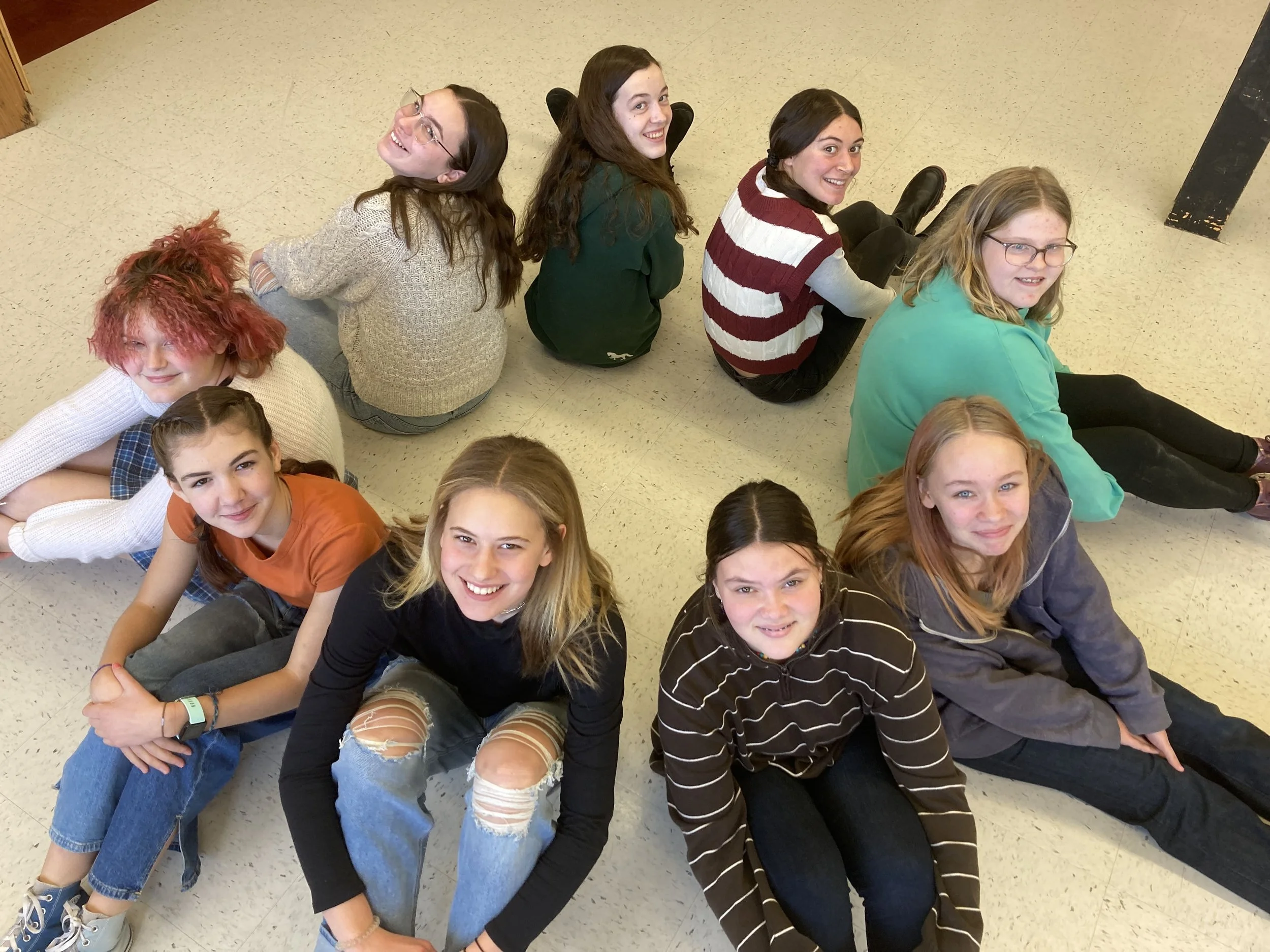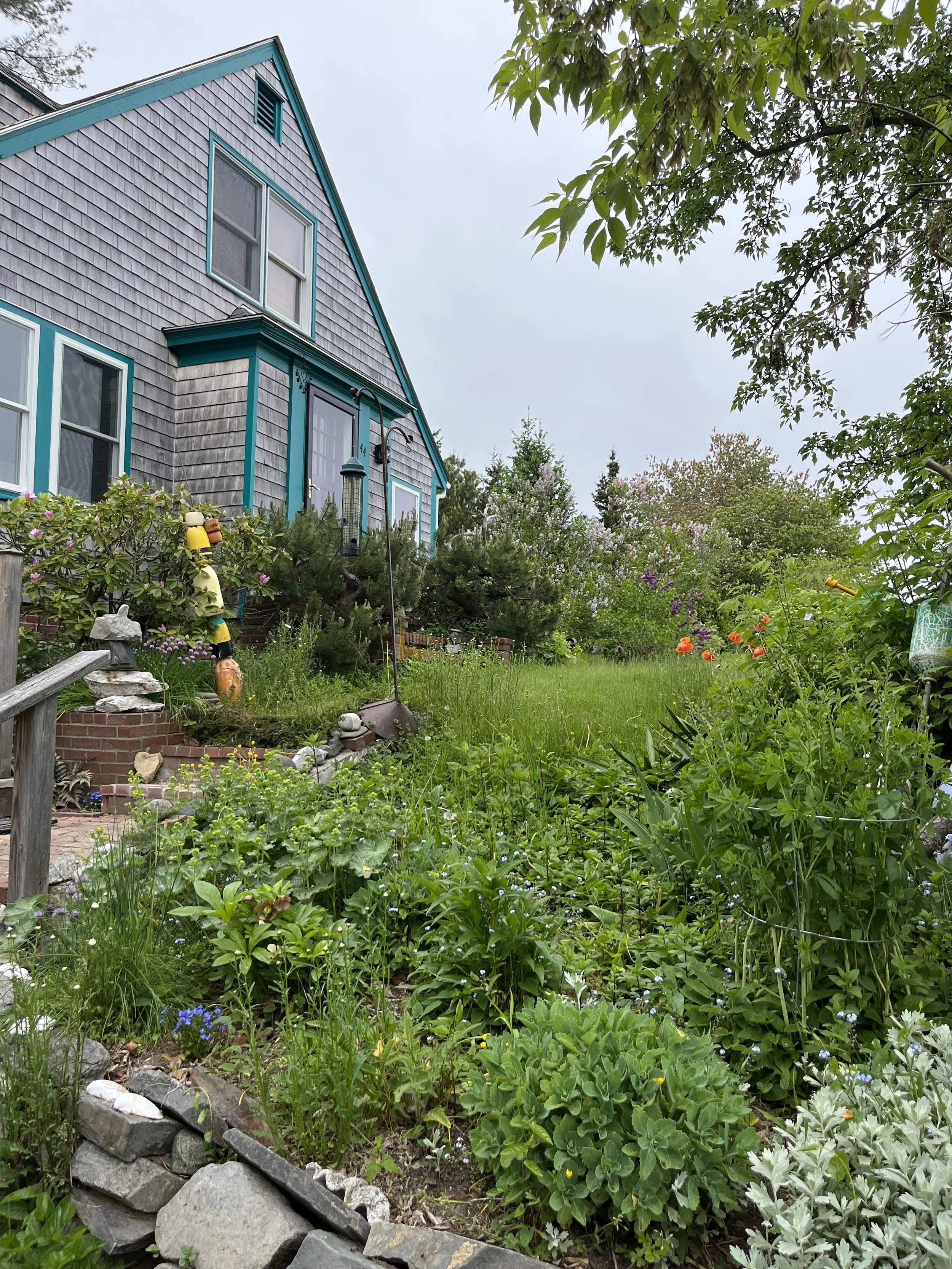Stories is The Telling Room’s online literary magazine, or zine, for writers ages 6 to 18 who want to share their voices with the world. Submissions are currently paused, but we invite you to read our past published pieces below, and to visit this webpage for other youth publishing opportunities.
One day you won’t
be able to ignore me; you won’t
be able to trip me; you won’t
be able to point your fingers and laugh.
I am half the blood of gods; I’ll push your fists away effortlessly.
i want to call you out like a cold winter breeze full of ice and snow / but july cocoons
itself around you / flame and flame and smoke and mirrors / a wall i could never get
through /
I hear you
Beating against the tempered glass
Your rhythmic melody
Tapping on the charcoal gray roof
It sounds like music
I once knew two girls who savored poison.
The last time we met was years ago,
But I hear they haven’t changed.
I am worked to the bone
in the middle of the night.
I am going cross eyed
and I am tired.
And so done.
Everywhere I looked,
Towering stone walls loomed
overhead, reaching up towards the clouds above.
A deathly silence settled upon our shells, none of us daring to move a single claw.
I walk outside in the warm sunshine,
arrive at a crosswalk,
stand on the bumpy yellow crosswalk mat
and patiently wait.
Girlhood lives in the
cracked window panes
and the torn notebook pages
in the broken drawers
with the baby blanket remnants.
My girlhood is in
shredded cuticles
and torn notebook pages.
Ballads in my room
where rituals take place
and the ground is littered in relics.
“I remember wanting to tell you that burnt sugar is waves,
to wash over you, but not swallow you. it’s quicksand,
take a misstep, and you sink.”
“I am welcomed to a new world of challenges
where friendships I had are gone,
like balloons in thin air.”
“I despise you, yet
your presence comforts me
somewhere deep in my soul. You
are always there. You
never go away.”
“In the shattering
fragments of time
between waking
and sleeping,
hail hammers its fists
against the window.”
“I think I must be getting old
because now here is this person who does not belong to me.”
“Yesterday, I planted a seed
In my front yard, beside the rose bushes.
I dug it a grave, buried it in mulch,
Stood vigil over its silent form.”
“Dragging its fuliginous tail, miserably wailing,
Twitching its scarred ears, its howls for help unavailing,
For people jeered and guffawed at this helpless creature,
And nobody could perceive this canine’s unique feature.”
“I hear pounding.
A war coming my way.
No one notices my fight
even if I am strong.
I am the hidden hero.”
“Reading names of men I never knew,
blurring as I stare into myself,
they came to rest in me.”
“Red faces yell in German. Not the kind
that the young Berlin entrepreneurs shout
into freshly bought iPhones, but the old German
that’s lost to an age pre-World Wars.”
Spring was here and Hannah, Claire, and Evelyn wanted to start a garden on their middle school break.
“We are just in time!” called out Hannah excitedly as the other two friends followed her lead into the garden section of a local nursery.
As the wind blew and dewdrops fell from golden leaves, a sweet song emerged from the thousand-foot high canopy of great kingsbirch sentinels that formed the primordial forest. The melody was broken by a regal voice.
I apologize that I've made no introduction. I realize that you've only ever seen us through the windshield and now I'm leading a Labrador past your mailbox. We came on our decision to move just recently.
The thunder softened and the trees stopped lashing against the windows around 2:00 a.m. William and Hazel hadn't been able to sleep but now that the storm was settling, they put down their books and said goodnight. As the couple drifted off, the silence was soon filled by distant laughter.
“It was a cold winter's night and the wind howled like a wolf; snow was plummeting from the sky in a frozen forest. Of course, this was normal weather in the highest area of northern Maine.”
“The decrepit mansion, guarded by extra-weepy willow trees, was haunted Haley O’Connor.”
“A wind begins to blow. It is born as a wispy breeze, and soon grows to a bolder, stronger gale. It travels across lands, picking up scents and sights and textures, and stories.”
“I didn’t need to see his face to know it was him. Who else would have little hand-drawn cartoons I could recognize anywhere sticking out of their back pocket?”
“The town I live in is tough. It’s the kind of town that no one visits, that might not even be on the map.”
“From the corner of her eye, Anika watches the new girl navigate through the crowded cafeteria…”
“‘Idiot,’ she murmured when she saw the white Whirlpool refrigerator standing condemned on the curb”
“The barn’s skeleton is a hulking thing. Civilizations of termites have risen and fallen…”
“I remember we were in third grade when the teacher introduced us to the infinite repeating decimals…”
“She took a deep breath and vaulted herself inside the barrier which was there as usual, and this time she reckoned she’d have to boost her mind's energy to get through…”
“There once was a time when the top of my head could not yet reach father’s thigh and my pudgy hands were no bigger than those sour tangerines mother used to buy from the local market. Still, I didn’t let any of that stop me from falling in love.”
The “Orono Collection” comes from an eighth grade accelerated writing class in Orono, Maine, guided by Katie Quirk.
I jolted awake when my head hit the window, the cold flat surface making contact with my forehead. I opened my heavy eyelids, still drowsy. I looked outside and saw that we were still driving on a dirt road. Raindrops were racing down the window. The sun was just starting to peek through the trees in the woods. I looked up to the front of the car and groaned when I saw that it was only 5:03 a.m. “How much longer until we get there?” I asked, my voice still raspy from waking up.
The sign said, “You’re entering Maine’s largest wilderness.”
“Wait, what? Only now we’re entering Maine’s largest wilderness?” I joked as I strode proudly up Baxter State Park’s infamous Abol trail. This was one of the more challenging routes up Mount Katahdin with almost a four-and-a-half-mile ascent featuring a steep, rocky climb before a flat top. This hike was said to take ten hours, but I knew we could do it faster.
I used to hate running. Every time there was a cardio day in soccer practice, I wanted to go home. It would only take a few minutes before my legs burned and I was gasping for air. In cold weather, my cheeks would become red as a tomato. I would always be sweating, even on a short jog.
But here I was. At a cross country meet. Feeling nauseous.
A bright and vibrant cotton candy sunset with hints of fluorescent yellow fills the June afternoon sky, yet it feels earlier than it actually is. I eat a bowl of creamy mac and cheese that my mom cooked for me and Dylan. The cheese gets all over my face, even behind my ears... I’m a messy eater.
It was my final track meet for the year, and all teams in the region would be competing. The lanes radiated heat as I walked through them to the field. The grass was warm to the touch, and the sky was a light blue with few clouds scattered throughout. I walked to the fence that surrounded the track. Putting my arm on the fence to watch the teams arrive, I immediately pulled it back. It burned.
I hated swimming lessons. All the other kids swam faster than me. I was always doing something wrong, and each time I did, the swimming instructor yelled at me. Right arm, then left, and kicking my feet. It was a lot to coordinate for a kid like me.
“Bang.”
The gunshot rang in my ears as I took my first stride. Immediately, I heard the sounds of heavy breathing and felt the rhythm of my feet hitting the rubber, and my heart pounding against my chest as though it was trying to break free.
I picked up an old, soggy, stick with green moss enveloping it like a blanket. Small ferns brushed my feet as I strolled through the woods on the way to our fort that was just off the edge of the soccer field. Holden was reinforcing the wall with mud, so I decided not to bother him. Instead, I walked up to Chris, who was tying a vine around the base of the makeshift walls. When he stood up and turned around, I had to crane my neck to look up at him. He was huge compared to me--I was only six and he was a 4th grader.
The “Orono Collection” comes from an eighth grade accelerated writing class in Orono, Maine, guided by Katie Quirk.
Wintercount is the name of my grandmother’s house. The house sits angelically over what she so fondly calls Sisters Cove. The house (like her) is weathered and worn but in the most beautiful way. It has silvery, wooden shingles with trims the colors of seafoam and plum. It sits nestled beside a ravine and perched above the waves like a tree house of sorts.
Цирк (Tsyrk). I was reading the word again. A smile slid from ear to ear on my face. This moment was something I’d wanted since the minute we’d stepped onto that bus. I was going to the Giant Fountains.
I used to love its sleek body, youthful speed, and ruby-red smile gleaming under the fierce sun; the way it would zoom off with a roar and disappear into clouds of dust and gravel and rubber flying into eyes, the smell of burning diesel tingling noses, only to appear moments later on the other side of the road; how you’d be left grinning ear-to-ear and waving your pudgy fist at its figure receding into the end of the road, reaching through the wired fence as though you could snatch it and make it yours.
I trekked down the lane between the mare’s paddock and the woods. Tree branches dangled over, casting shadows along the worn dirt path. The electric fence hung limp on its posts; it was tired of horses trying to escape. The mares stood relaxed, nibbling on the hay strewn through their paddock. I slipped under the rope that was sectioning off the lane from the barn and stood up in an attempt not to stumble on the green apples scattered across the lane. I kicked a few of the apples into the woods; they were rotten, with brown slowly creeping over them. The trees had dropped the apples once the heat began. Soon summer camp would be starting at the barn. This was the way it always was. The barn was predictable; every year the same cycle took place.
I stepped out of the car.
“Do you want to get a photo in front of the building, Ellie?” my mother asked.
“I’m good,” I replied.
The school doors push open, letting the cold sunlight rush in, shining on what little skin I have showing. The winter wind whipped at us, turning us red. I begin thawing as I step onto the heated bus that was waiting to take us home from the show choir state finals. I can’t see through a dense fog on my glasses.
I step onto the spring-floor and feel the familiar sensation of the short blue carpet between my toes; soft, yet scratchy at the same time. I take a deep breath, but I cannot seem to calm down. I'm so nervous that all I can hear is my heart beating fast in my ears, drowning out all the other noises in the gym. My hands shake as I salute the judge and try to reassure myself that it will be okay. No success there. I sit down on the floor and get into my starting pose, trying to pretend that I am fine and pasting on the fakest smile ever. The music starts and I take another deep, shaky, nervous breath.
Climbing is tough. On single track. With my mom’s mountain bike. Up Oak Knoll. 2,000 feet of elevation. With rocks. And roots. It’s only a blue trail. I am in my lowest gear. Why is the path getting steeper?
The ocean crashed against itself in the distance, warning all to not go in. On the beach, however, the small waves rippled up the shore before pulling back, teasing the sand. Seagulls sang their screechy songs while they flew above the water as if they were mocking the harsh waves: “You won’t harm us from here.”
“You don’t need to worry, you know,” my mom says. Sometimes I think she can read my mind.
“Yeah, I know.” I stare down at my tie-dye crocs. Then I look up.
“As I waded into the water with heavy gear weighing me down, I tried to push away my nerves and focus on the waves slapping the golden sand.”
“My blanket, mi cobijita, flew through the Colombian sky and landed safely in a package from my mother’s childhood friend. A week later, the precious gift stroked my rosy hands at birth.”
“Are you recording her?” I asked.
“Yes. Yes. Look at her, she looks like a crazy person,” she replied with a laugh.
These words will never leave me and will always be my nightmare as long as I’m alive.
“‘Six feet apart please, six feet apart,’ I called out as I paced down a long line of food bank recipients that wrapped around the entrance…”
“When my great-grandmother S. was my age, seventeen, she left her home in Warsaw, never to see her parents again.”















































































